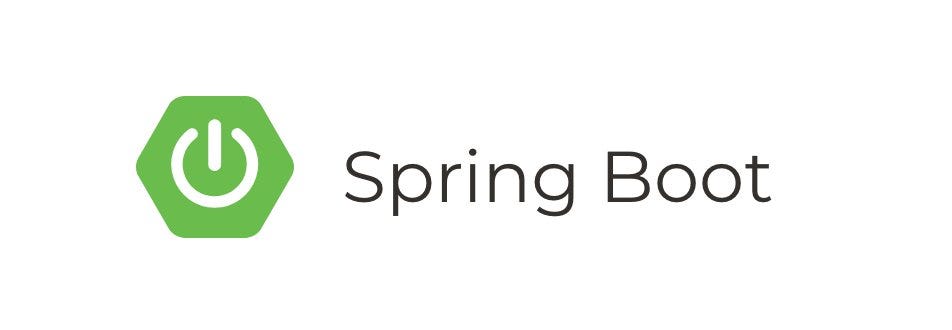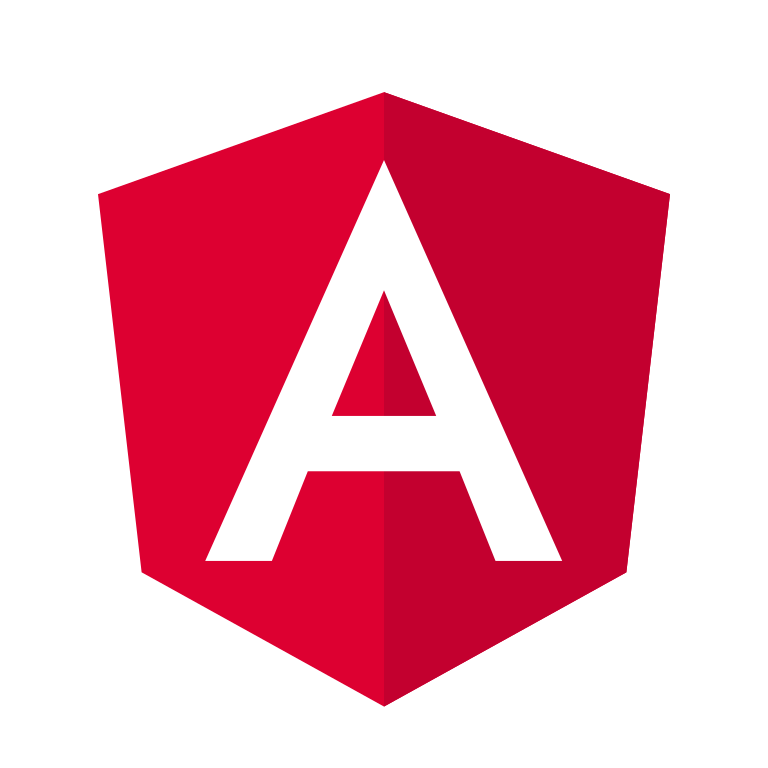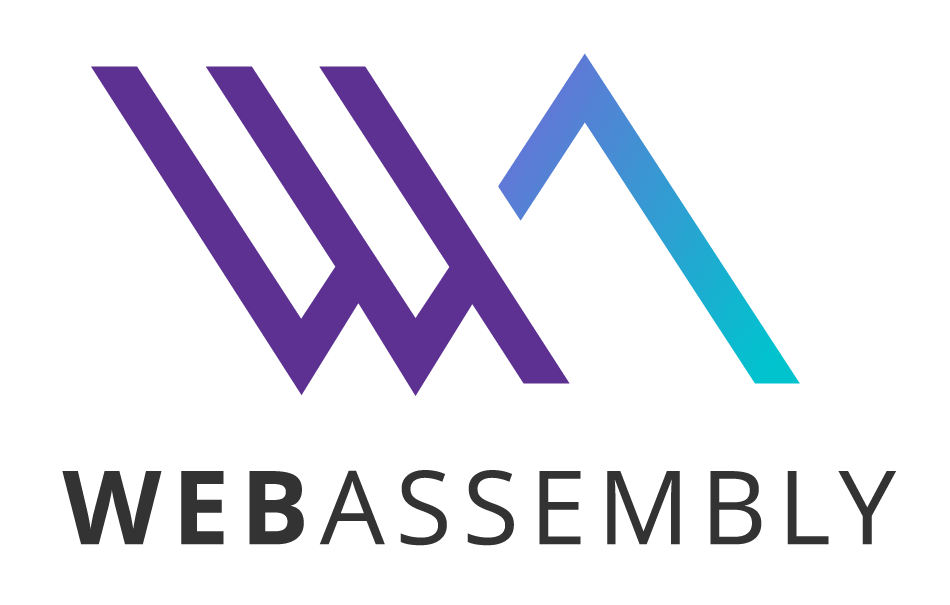Spring Boot, PostgreSQL, JPA, Hibernate RESTful CRUD API Example
Introduction In this tutorial, you will learn how to create a RESTful CRUD API using Spring Boot, PostgreSQL as the database, and JPA with Hibernate for object-relational mapping. We'll cover each step with detailed code examples, allowing you to build a robust API quickly and efficiently. Prerequisites Before you begin, ensure you have the…




